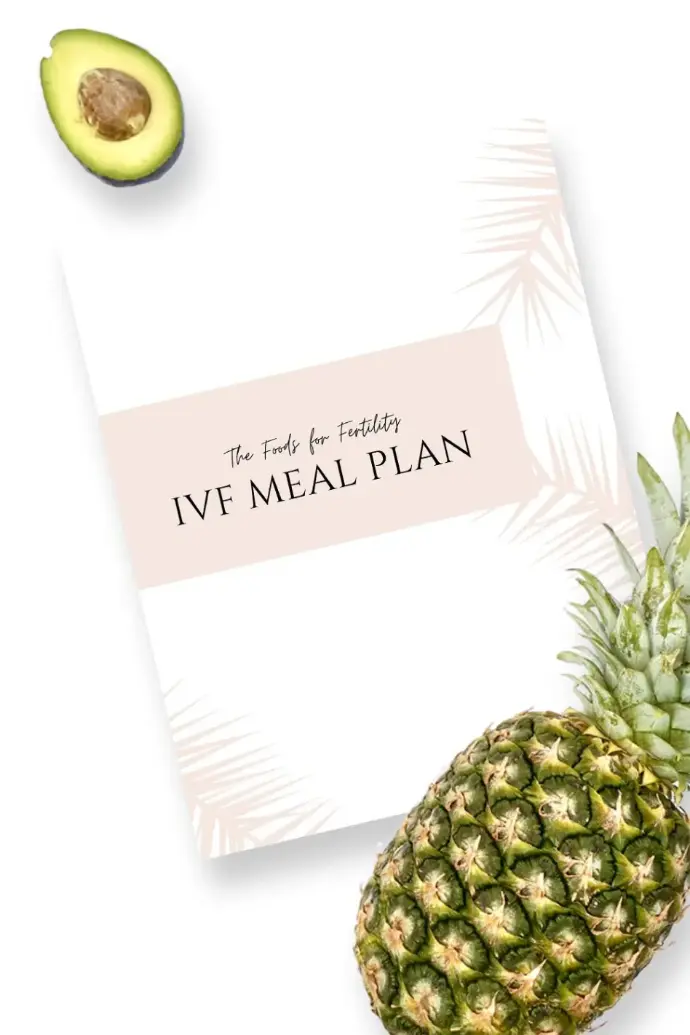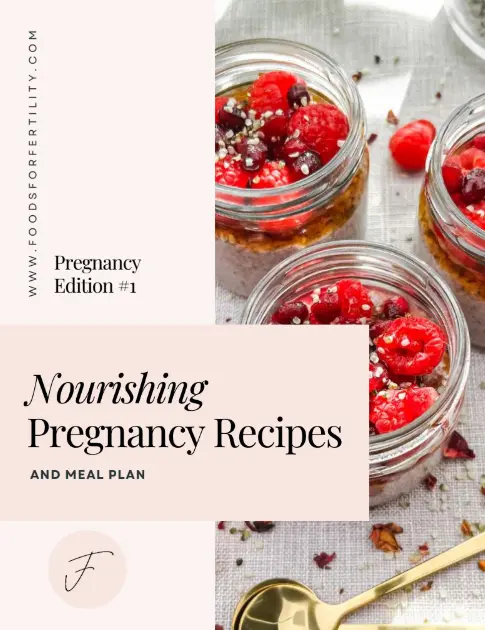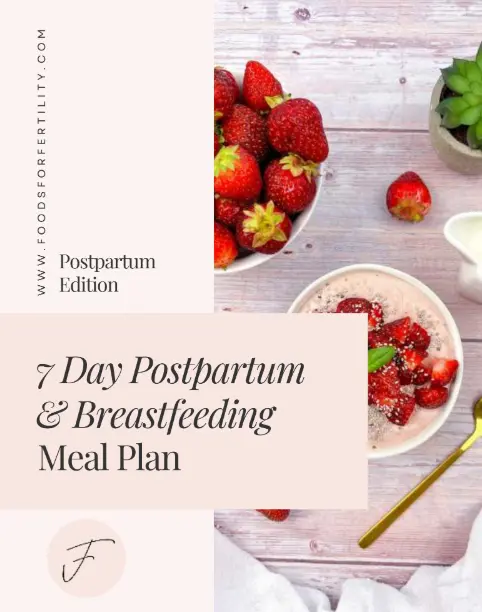Egg Quality and Women's Fertility
Learning how to improve egg quality can be very helpful while trying to conceive. As you can imagine, egg quality is an important aspect of fertility and achieving a healthy pregnancy. Some women are born blessed (or cursed) with good or bad egg quality, but for all women, egg quality decreases as we age. Poor egg quality can also be the result of other factors beyond age, including diet, lifestyle, high stress levels or a hormonal imbalance. Unfortunately, most women aren't aware of their egg quality until they begin to experience infertility and their doctor informs them of it. And, since couples tend to be having kids later in life these days, women aren't realizing they have poor egg quality until its too late.
How do you know if you have poor egg quality or low ovarian reserve?
If you are a woman that plans on having kids someday, even if you're not quite ready yet, there is an easy test to determine egg quality and also a test to determine how many eggs you have left in your reserve. This is important knowledge if you want to start a family. An FSH test that happens at a specific time in your cycle to determine the levels of follicle stimulating hormone (FSH) and estradiol in your system at that time. The egg count test is an AMH test.
What is amazing is that there are easy at home test kits to test egg quality and reserve (as well as other important fertility hormones) from Modern Fertility. If your numbers come back high it could indicate poor egg quality. If the test shows you have good quality eggs, you may want to consider freezing your eggs, so that they will be good quality and fertile for when you finally decide to have kids. By doing this in a sense, your eggs will be frozen in time, so if you freeze your eggs when you're 30, and decide to wait to have kids until your 40, your eggs will still be those of a 30 year old.
If you didn't have that foresight, or if you have just been blessed with poor quality eggs, there are a few things you can do to improve your egg quality to increase fertility and increase your chances of having a healthy pregnancy and healthy baby.
How to Improve Egg Quality for Fertility
*Before taking any sort of supplement, it is important to talk to your doctor about their benefits and potential risks. Your doctor knows what you need, and what you don't.
1. Fertility Friendly Diet
Generally speaking, you should follow a well-rounded, healthy fertility friendly diet. I have a list of IVF Superfoods HERE, and also you can check out my IVF Meal Plan HERE. This blog is called Foods for Fertility, after all! So, some foods that are great for egg quality include:
- Berries - Berries are one of the best sources of antioxidants. Every cell in our body needs antioxidants to prevent damage and aging. And, guess what our eggs are? Cells! So, eat those blueberries and raspberries Every. Single. Day!
- Bone Broth - Bone Broth is great because it is a rich source of the amino acids proline, glycine, glutamine and arginine which are essential building blocks in every body. Also the collagen in bone broth helps to protect and regenerate cells - in other words, our eggs. Add a scoop of Collagen Peptides to up the protein content and amount of collagen.
- Red Meat - If you can't stand the thought of eating liver (which is the food richest in COQ10), Red meat is a good source of COQ10. Coenzyme Q10 is an important antioxidant that will help reverse cell damage and improve egg health.
- Sesame Seeds - Sesame seeds are high in zinc and help with the production of hormones responsible for optimum egg health. They're also rich in the monounsaturated fats that are amazing for fertility.
- Salmon - Fatty fish like Salmon, is full of omega-3 fatty acids that improve egg quality and reproductive success.
- Chia Seeds - Eating chia seeds is one of the easiest way to get omega-3 fatty acids, which are super important to brain health. A single one-ounce serving contains 5 grams of omega-3's. Add them to a smoothie, oatmeal, yogurt, or make chia pudding!
- Avocados - Avocados contain phytonutrients that may help protect cells from damage, therefore improving egg quality. I can't say it enough that avocados are probably the single most important fertility food!
- Nuts - The omega-3 fatty acids, folate, and antioxidants like vitamin E, zinc, and selenium in almonds, walnuts, and hazelnuts have been previously linked to healthier eggs (and sperm!).
- Oysters - Oysters are an incredible source of Zinc, which is an important nutrient
- WATER! - Water is crucial for fertility for many reasons. Oxygen-rich blood flow to the ovaries is essential for good egg health. Blood flow in the body can quickly decrease from dehydration, so aim to drink 64 oz. of water each day.
2. Supplements
*ALWAYS check with your doctor before trying any Fertility supplements. These are not always best for every body.
- COQ10 - Coenzyme Q10 is an antioxidant that typically decreases with age, and some people may have a deficiency for other reasons. Both female eggs and male sperm are susceptible to oxidative damage. Consuming antioxidants can help counteract oxidative damage. CoQ10 may help stop, and maybe even reverse, the decline in egg quantity and quality as women age. COQ10 typically is in capsule form or liquid form. Talk to your doctor about the correct dose for you and your partner.
- DHEA -Since DHEA production declines with age, taking a supplement may help improve egg quality and quantity for women diagnosed with Decreased Ovarian Reserve (DOR) or Premature Ovarian Failure (POF). DHEA should not be taken in large doses. It also should not be taken by PCOS patients. Please talk to your doctor about proper dosage for you.
- Fish Oil - Once again, omega-3 fatty acids can be extremely beneficial to egg health and follicle preservation. A fish oil supplement is an easy way to get your omega-3's.
- L-Arginine
- Myo-Inositol - Myo-Inositol can improve egg quality in women with PCOS due to the fact it is often depleted in polycystic ovaries. It helps to moderate insulin in PCOS patients and increase fertility rates.
- Glutathione - Is a powerful antioxidant, and as we know, antioxidants help prevent and reverse damage to eggs.
3. Acupuncture
As I have mentioned in my Acupuncture for IVF, Infertility and Trying to Conceive Post, Acupuncture works wonders for fertility and reducing stress around infertility, IVF and trying to conceive. Acupuncture increases blood flow to the uterus, which has many benefits for increasing fertility. It is also shown to improve egg quality and count.
4. Healthy Lifestyle
It is important to avoid foods and lifestyle habits that negatively impact egg quality, and are generally bad for fertility overall, such as:
- Processed foods
- Stress
- Trans fats
- Soda
- Caffeine
- Alcohol
- Sugar
You can read more about why it is important to avoid the above items in my post What to Avoid While Trying to Conceive.
Once Again, Improving Egg Quality Takes Time
We know how frustrating the waiting game can be when it comes to getting pregnant. Unfortunately it takes about 90 days for an egg to get ready and mature for ovulation. So, if you're trying to improve egg quality, start working at it at least 3 months before you plan to try to conceive or undergo an egg retrieval or IVF. Good luck in your journey!
You can shop all of my fertility and pregnancy recommendations on my Amazon Storefront, HERE.


